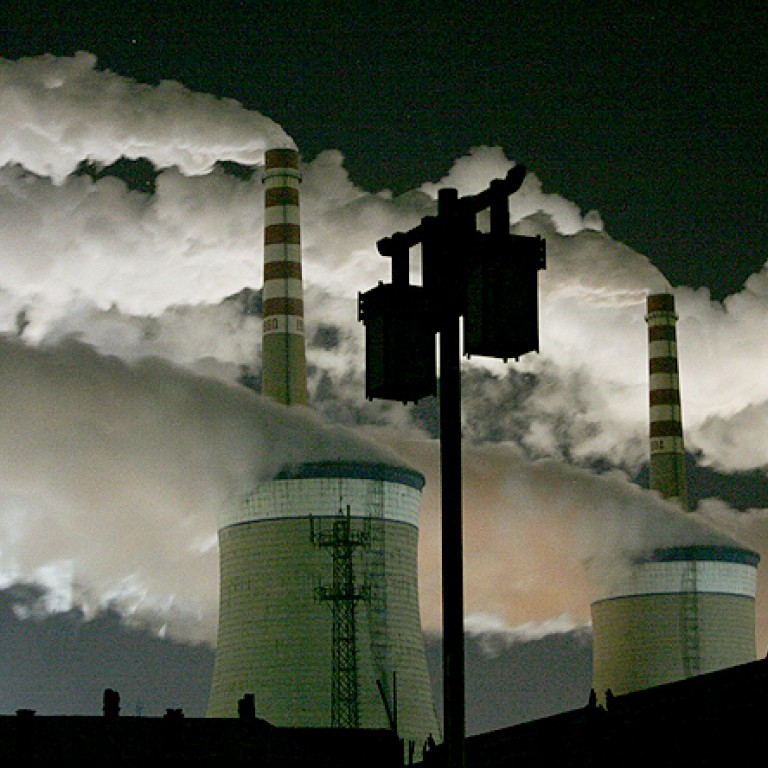
Amended green law given mixed review
The revised statute enhances the regulator's powers and holds local officials accountable, but limits public participation in the process
Mainland legal officials hailed China's newly amended environmental protection law as a breakthrough, saying it will compel local governments to end the blind pursuit of economic growth and hold officials accountable for neglecting the environment.
The amendment also opens a door, however slightly, for certain government-approved groups to initiate legal action against polluters on behalf of the public.
But activists cautioned that without enhanced public oversight, enforcement of the law is far from certain.
The amended statute, which goes into effect on January 1, holds local governments responsible for the quality of air, water and soil under their jurisdiction.
It also calls for penalties for officials who cover-up polluting industries, falsify environmental data, or withhold pollution- related information from the public.
"This provision makes it very clear what constitutes a violation and the relative penalties," Tong Weidong , deputy director of the Legislative Affairs Commission of the National People's Congress Standing Committee, told a media briefing on Tuesday.
Officials at the Ministry of Environmental Protection have long blamed local governments for lax supervision of polluting industries. The officials, in turn, say that while they are obliged to meet carbon reduction targets, they are also under pressure to maintain employment rates, meet economic growth targets and generate tax revenue.
Watch: A view of Beijing's smog from atop the Forbidden City
Some residents who have complained about polluting industries assert that factories enjoy the protection of local authorities.
China's environmental law, unchanged for more than two decades, does not sufficiently address the role of local government in reining in pollution.
Ma Jun , head of the Institute of Public and Environmental Affairs, an independent environmental group, said the revised law would "put a lot more pressure" on local officials.
"Besides increasing fines for companies, the amendment also gives more powers to environmental authorities," said Ma. "At the same time it sets up a stricter accountability system [for environmental authorities]."
The amendments are seen as consistent with Beijing's pledge to abandon a growth-at-all-costs economic model that has spoiled much of China's water, air and soil. The statute enhances the power of environmental authorities to shutter heavy-polluting industries and confiscate their assets.
Ma said the absence of a clause allowing the public to monitor the government's application of the environmental law was a serious omission, even though the revised law opened a door for public litigation against polluters.
"Sacking of officials will still be subject to internal supervision within the government," said Ma. "Without adequate public supervision, there will always be ways to dodge the requirement."
Under the law, some 300 environmental organisations will be allowed to bring legal action against polluting companies.
The public is denied the right to sue polluters, but they may petition to higher-level government if local authorities violate environmental laws.
Chen Jiliang of Greenovation Hub, a Beijing-based green group, said that without public participation "there is still a large possibility that local governments will collude with industry for short-term gain".

